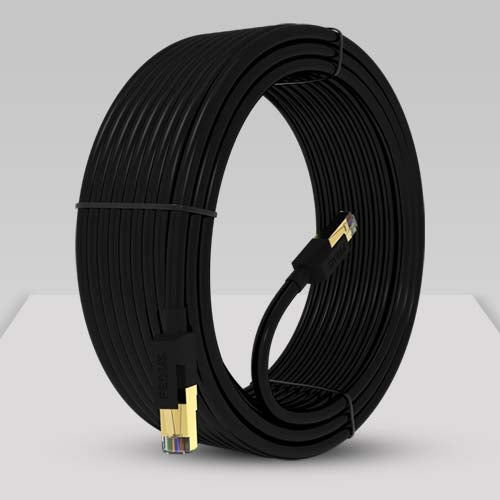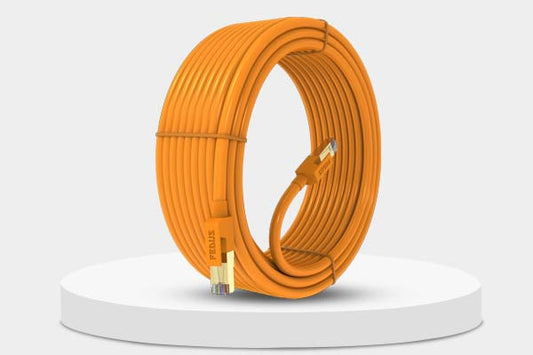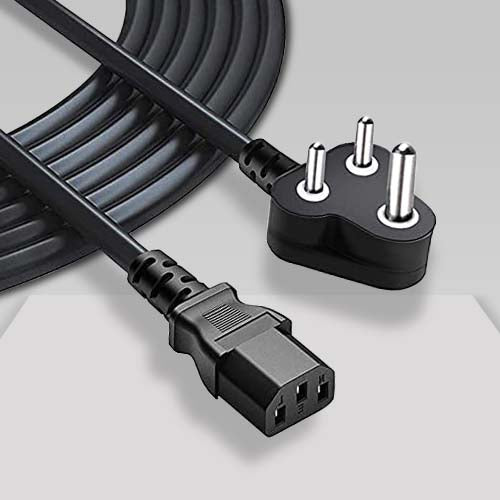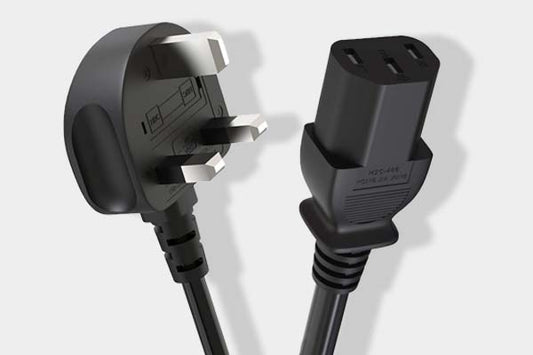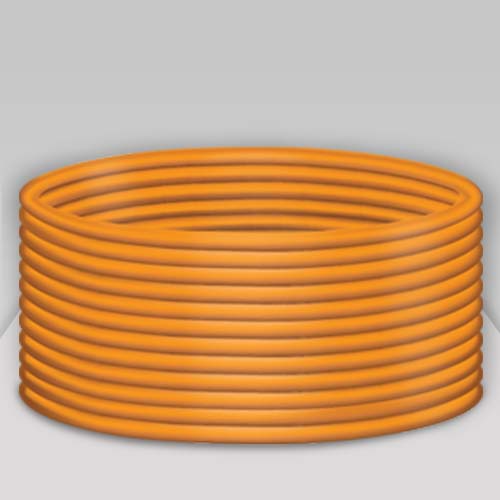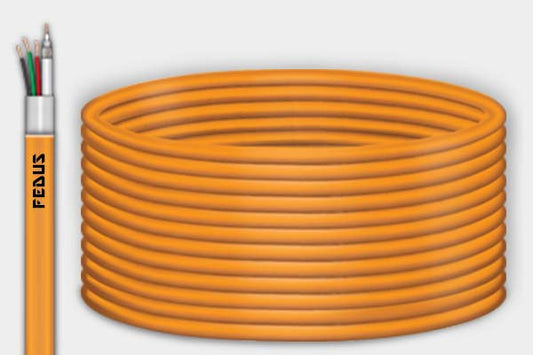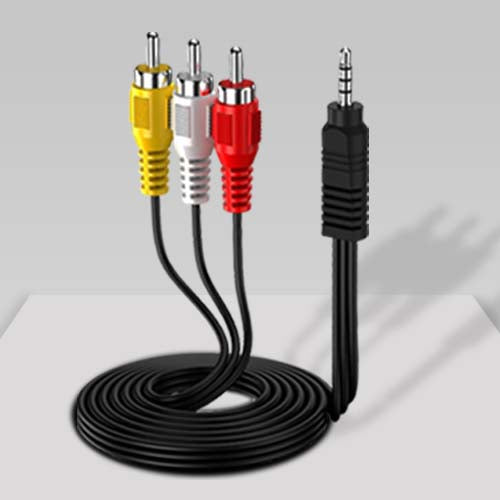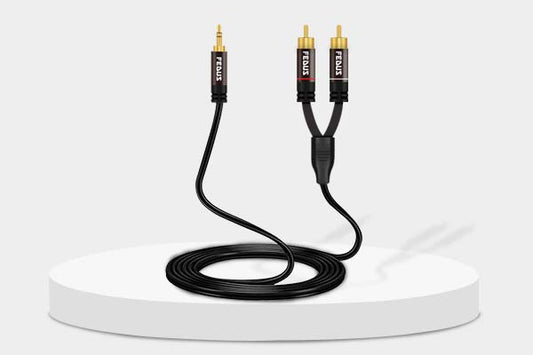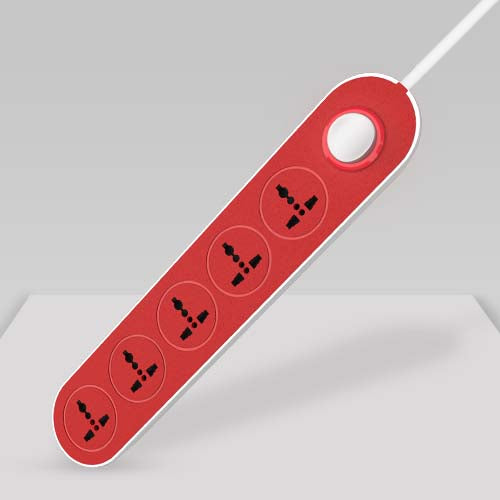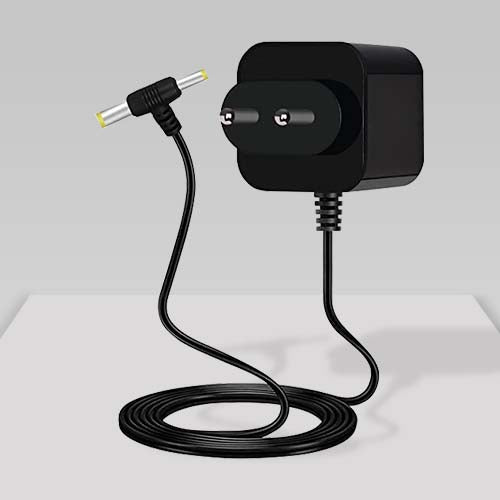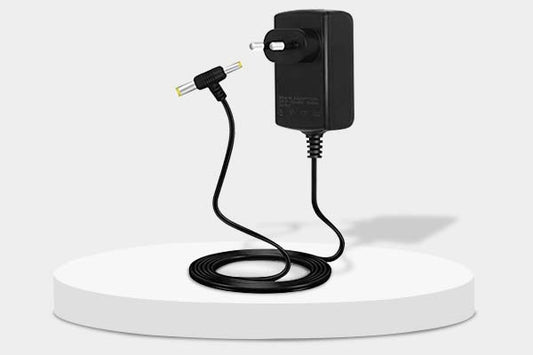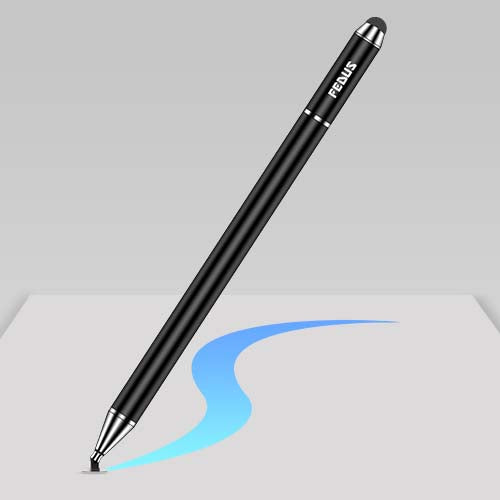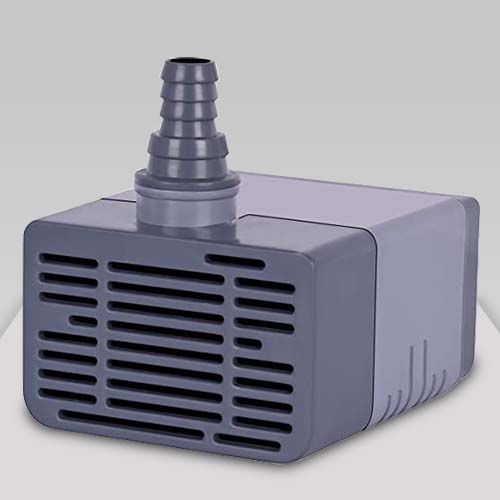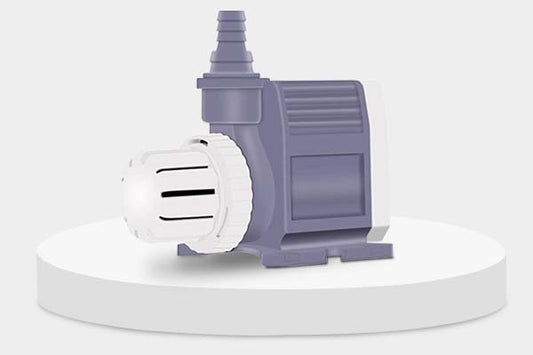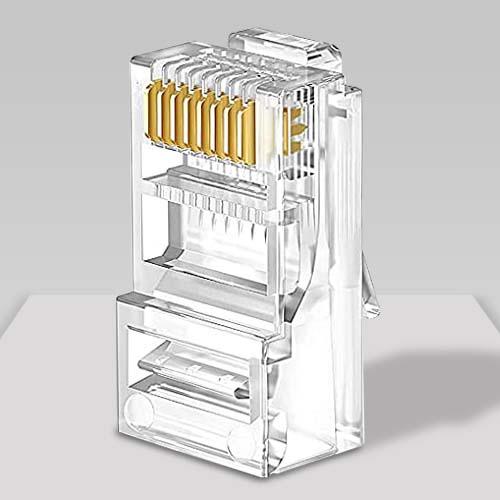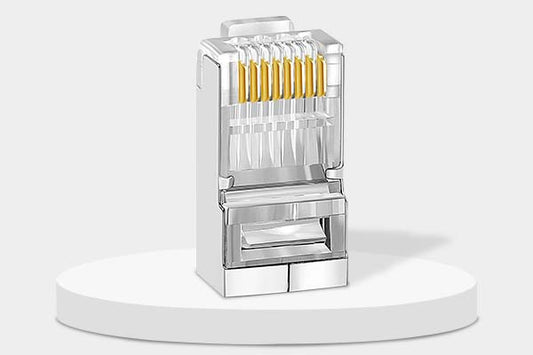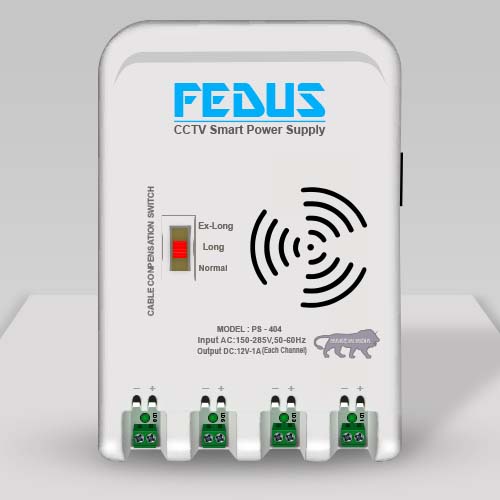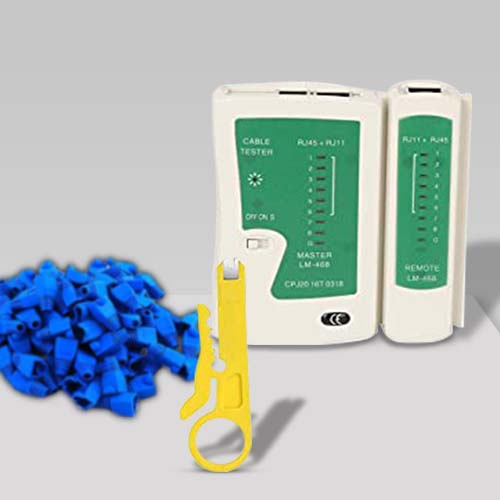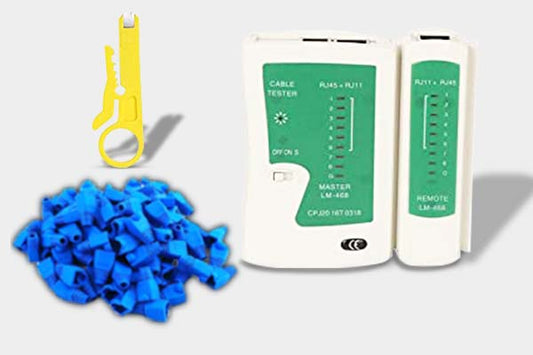Cooler Water Pumps: Key Features and Benefits for Best Cooling
Introduction
The functions of a water pump is necessary for producing efficient cooling in many systems, including personal cooling devices to industrial equipment. Among the most reliable cooling systems are those that use water pumps that circulate water, providing both temperature control and system efficacy. Recognizing the fundamental characteristics and benefits of cooler water pumps is crucial for maintaining the right temperature in high-performance PCs and maintaining the effective operation of industrial cooling systems, therefore improving system efficiency and durability.
What Are Cooler Water Pumps?
A cooler water pump is a mechanism designed to circulate water within a cooling system, effectively collecting heat and transporting it away from heat-producing components. A traditional liquid cooling system uses a pump to circulate coolant, typically water or a water-glycol mixture through pipes or tubes to transfer heat away from components that include a CPU, GPU, or machinery used in industry.
Water cooling is often picked over air cooling because of its superior heat transfer capacity. Water is superior in its capacity to absorb and transport heat, functioning with more effectiveness than air alone. Cooler water pumps facilitate the correct circulation of water or coolant within the system, therefore avoiding heating while improving performance.
Key Features of Cooler Water Pumps:
The flow rate is an essential variable to take into account when selecting a water pump. It specifies the volume of coolant the pump can circulate during a specified time interval, usually quantified in liters per minute (LPM) or gallons per minute (GPM).
An increased flow rate often improves heat dissipation, because the coolant travels the system quicker, absorbing and expelling greater amounts of heat. Still, an excessively high flow rate may induce excessive noise, resulting in inefficiency and increased power usage. A balanced flow rate is required for maximum cooling efficiency.
In a high-end PC water cooling system, the flow rate is typically maintained at a reasonable level to facilitate smooth circulation while minimizing resistance. In industrial applications, pumps with higher flow rates may be required to handle increased heat loads.
Head pressure represents the pump's capacity of moving coolant through a system characterized by several bends, barriers, and height variations. This functionality becomes vital when the cooling loop comprises complex tubing or when the system requires the transportation of coolant over large distances or vertically.
High head pressure is particularly crucial in industrial or large-scale cooling systems, where the pump needs to overcome resistance produced by sharp bends in the piping or differences in height between the pump and the cooling elements.
In smaller systems that include personal computers, head pressure is typically less challenging, although it continues to impact the pump's overall efficiency. Pumps with higher head pressure assure the seamless flow of coolant, no matter the system's setup.
Efficient water pumps are engineered to reduce energy usage while maintaining optimal flow rates. This is particularly important for extensive systems where operating several pumps or high-capacity pumps may lead to substantial energy expenses.
Modern pumps frequently have variable-speed motors, facilitating changeable flow rates according to the system's requirements. A pump may boost its flow rate during peak performance periods (e.g., when the processor is under significant load) and decelerate during idle intervals to save energy. The variable speed feature is useful in both home and industrial contexts.
Noise is a significant thought, particularly for compact cooling systems like personal computers. Some water pumps, particularly economical variants or those equipped with poorer bearings, may produce undesirable noise. This can be disruptive, particularly in tranquil workspaces or domestic settings.
Premium cooler water pumps typically have noise-reduction solutions, including advanced motor technology and vibration-dampening mounts. When creating or modifying a PC for gaming or professional purposes, it is advisable to choose pumps designed for silent operation.
In industrial environments, noise reduction is crucial, as excessive machinery noise can create an uncomfortable or dangerous workplace. Pumps engineered for reduced noise levels are crucial in such instances.
The reliability and durability of the cooler water pump are important, particularly in extensive systems that operate continually. Pumps built with top-notch components that include corrosion-resistant metals, robust plastic composites, or high-grade ceramics typically exhibit increased longevity and reduced problems with operation.
Alumina bearings exhibit greater resistance to wear and tear relative to traditional metal bearings. In industrial systems, pumps designed from durable materials minimize maintenance requirements and ensure reliable operation over a long time.
Benefits of Cooler Water Pumps:
The principal benefit of using a cooler water pump is the improved cooling efficiency it provides. The pump pumps coolant to extract heat from thermal-generating components and share it through radiators or other heat exchange devices. This maintains ideal operating temperatures, so avoiding heating up, system instability, or early component failure.
Maintaining components that include CPUs, GPUs, or industrial machinery within safe operating temperatures reduces the possibility of heat-related damage. Efficient water cooling systems extend the longevity of costly components, reducing the need for expensive replacements and repairs.
Water cooling systems, when equipped with superior pumps, generally operate more quietly than air cooling choices, particularly in situations like gaming setups, home offices, or workplaces where noise levels are high. An effective cooler water pump may maintain an efficient cooling operation with minimum auditory disturbance.
Most modern water pumps have been designed with a focus on energy economy. Variable speed pumps and cost-effective types are available for reducing the power consumption of a cooling system, which is particularly important in extended industrial applications.
Cooler water pumps are applicable in various cooling situations, including home PCs, gaming systems, and extensive industrial cooling setups. Their versatility gives them the perfect choice for diverse cooling requirements, providing effective temperature control in different environments.
Conclusion
Cooler water pumps are crucial for the efficiency and durability of cooling systems, used in personal devices, gaming PCs, and industrial equipment. Through knowing the necessary features, including flow rate, head pressure, efficiency, and noise level, along with their various benefits one can select the right pump for cooling requirements. Using a suitable pump facilitates effective heat dissipation, reduces energy consumption, and improves the overall effectiveness of the system.
Writer - Vishal Singh


